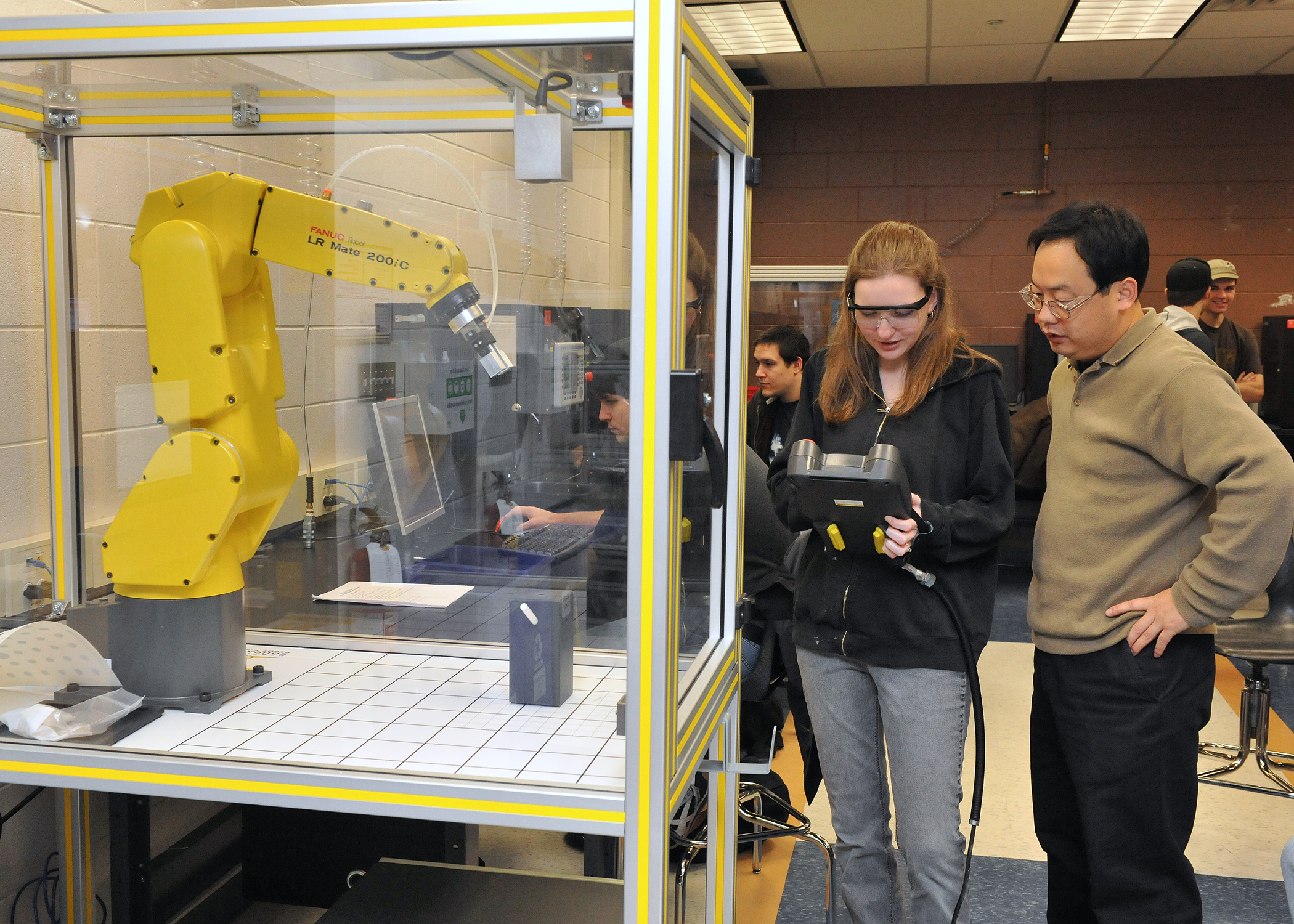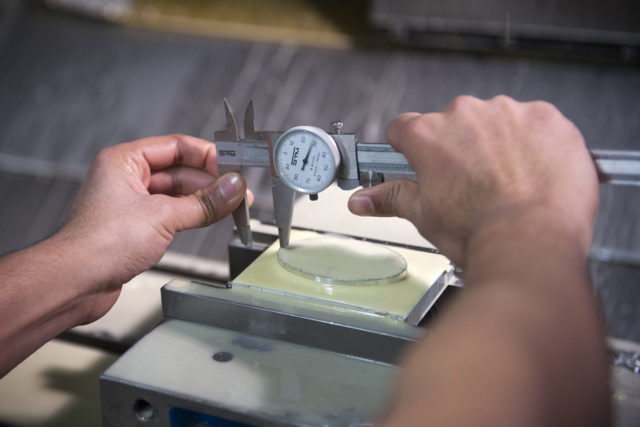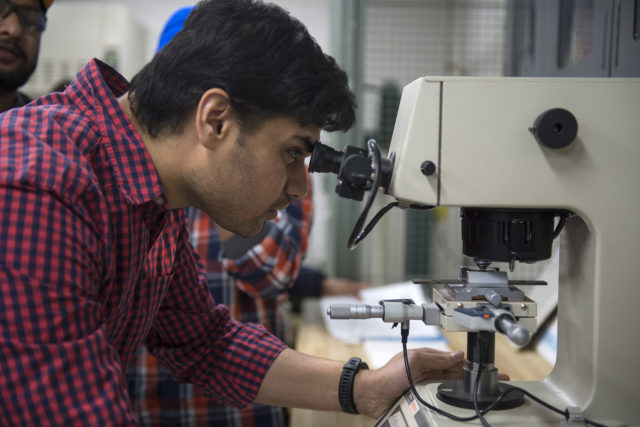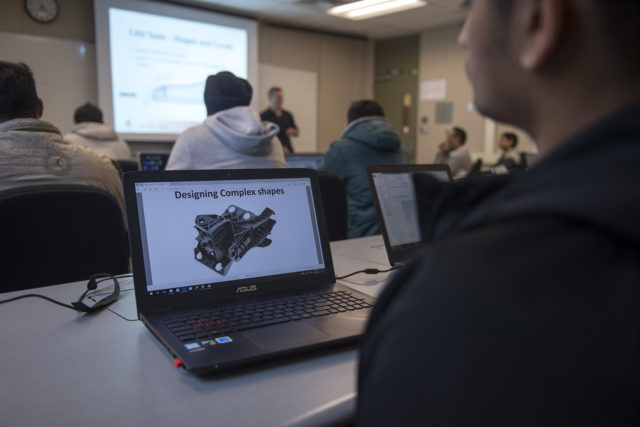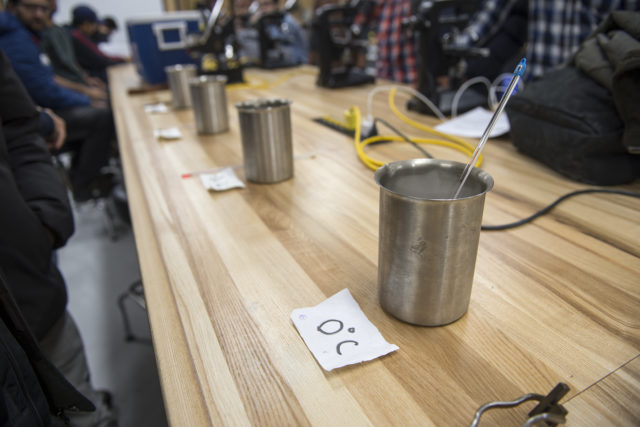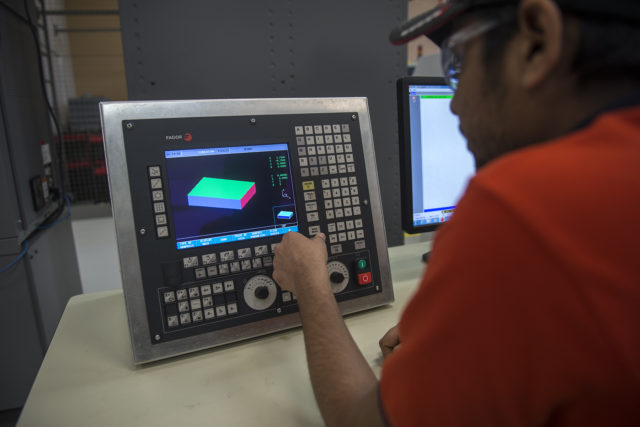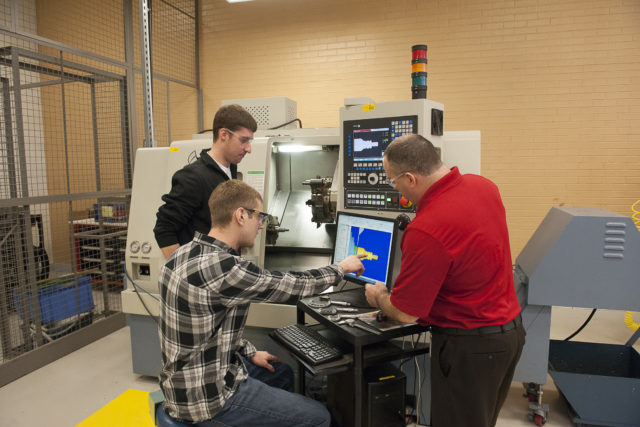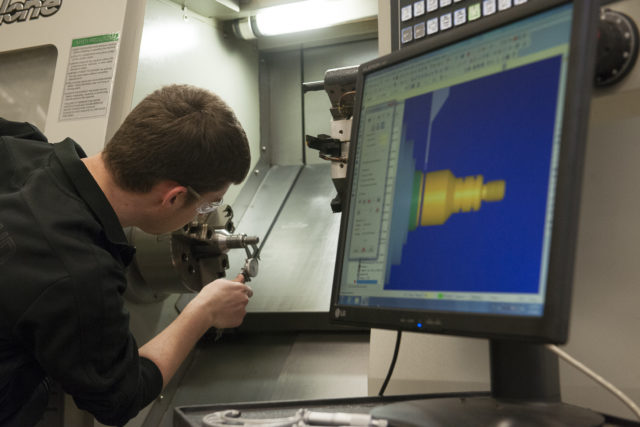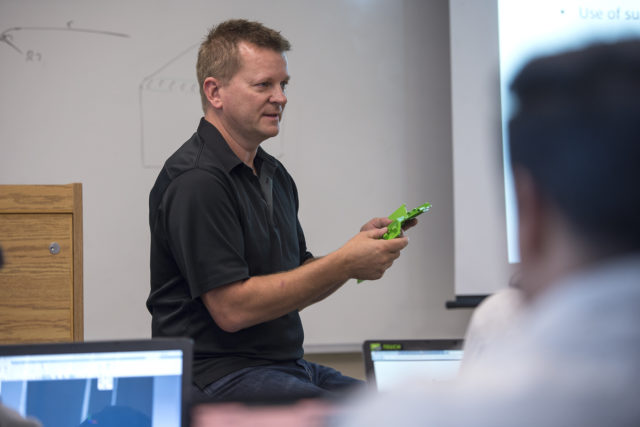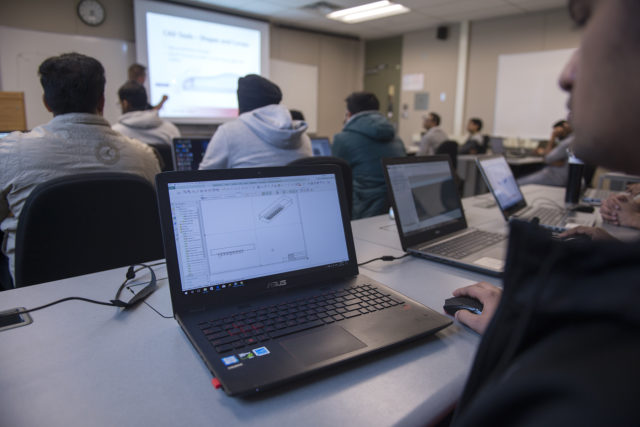-
Headquarters -
1001 Fanshawe College Blvd. London, Ontario, N5Y 5R6
-
Year established -
1967
-
NAICS -
Not available
-
Major expansions -
N/A
-
Employees -
-
Exports -
N/A
-
Download -
Fanshawe College
Fanshawe’s School of Applied Science and Technology emphasizes the technical skills required for workplace productivity.
Throughout the Canadian labour market, there is an increasing demand for recent graduates with technical skills and knowledge that translate into workplace success. Fanshawe college is equipping graduates with these skills through experiential educational opportunities developed in response to labour market demands.
Fanshawe College was founded in 1962 beginning with the London campus. Since then, Fanshawe has become one of the largest colleges in Canada with campuses in London, Simcoe, St. Thomas and Woodstock. The college offers more than 200 degree, diploma, certificate, graduate certificate and apprenticeship programs. Across these programs, Fanshawe educates around 43,000 students each year. Fanshawe College has performed impressively amongst Ontario colleges, ranking number one in graduation rate (70%), student satisfaction (78%), and graduate employment rate (87%).
Across the variety of disciplines offered, Fanshawe’s School of Applied Science and Technology (AST) emphasizes the technical skills required for workplace productivity. The school has specialized programs in electrical disciplines, mechanical design, environmental technologies, science lab technologies, biotechnology, and manufacturing technologies.
Comprised of 17 different programs, AST has grown from 1200 to 2500 students over the last five years. The wide range of programs offer one year certificates, two year diplomas and three year advanced diplomas and degrees. In addition, AST offers grad certificates that supplement the theoretical background of a university degree with the practical skills necessary to succeed in the workplace.
The school of AST contributes to the Fanshawe’s impressive metrics with its innovative curriculum. The school integrates advanced equipment into classrooms, allowing students to build skills directly transferable into the workplace. This curriculum is complemented by the teaching staff, many of whom come from industry background and bring with them years of practical experience. The program also offers co-op placements and a wide range of interactions with industry employers.
In addition to co-op placements, the school of AST has developed other innovative opportunities for students to learn workplace skills. One such opportunity is what the school calls industry incubators, in which students partner with a firm to work on an idea that the firm is considering but isn’t part of regular operations. The experience requires students to apply their education to real workplace problems, and learn how to interact with industry professionals.
Students are also required to complete interdisciplinary capstone projects. These projects focus on practical application of classroom learning, and place the students in an industry-like setting where they must collaborate with students from different knowledge backgrounds to complete a complex task. Capstone projects teach project management skills, and foster the invaluable learning that is achieved when different skill sets are combined to solve a problem too complex for any one individual.
The School of AST works hard to stay connected to industry and the evolving skills that are demanded in the labour market. Most recently, Fanshawe announced a new partnership with Siemens, allowing students to use cutting-edge PLM software. This software is used widely among manufacturers and employers. This, among others, is an example of how Fanshawe’s curriculum is bridging the gap between classroom learning, and workplace success.
For more information about Fanshawe College, visit their website.
Published: March 9, 2018
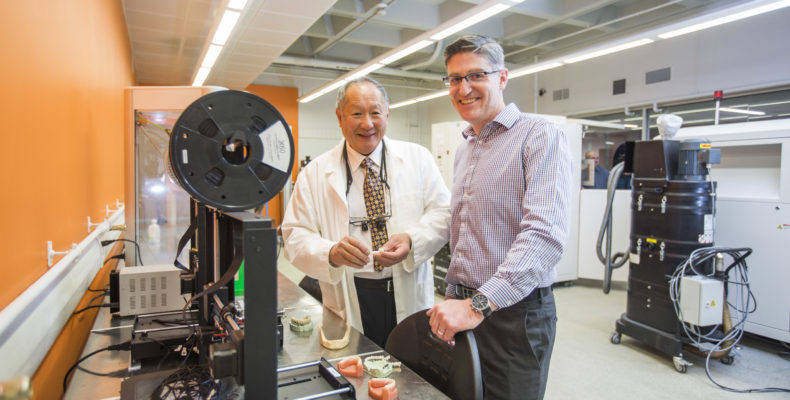
Southern Ontario Network for Advanced Manufacturing Innovation
The Southern Ontario Network for Advanced Manufacturing Innovation (SONAMI) is a network of post-secondary research institutions that have come together, in an effort to grow the quality and quantity of applied research innovation in the Southern Ontario advanced manufacturing cluster.
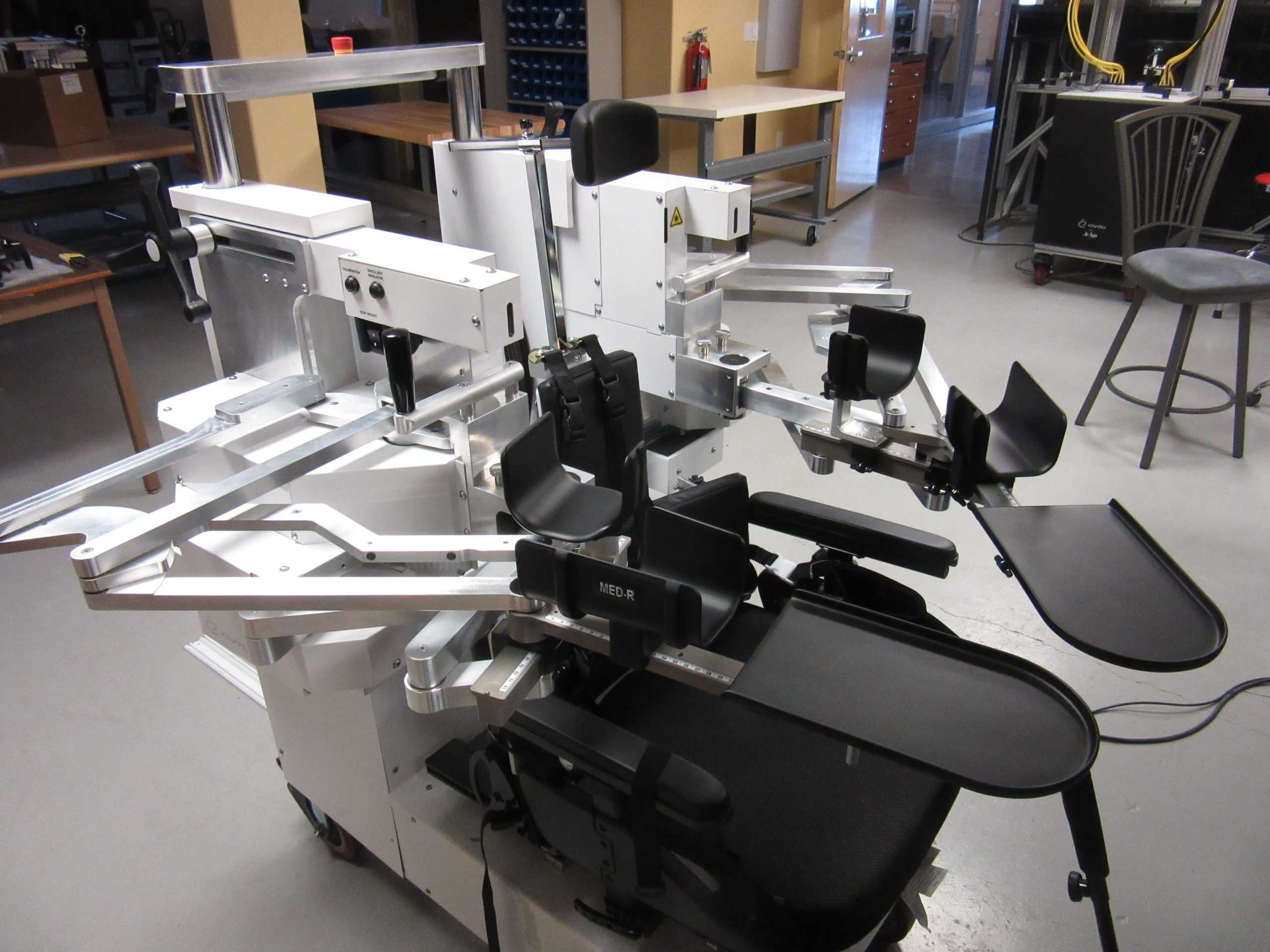
Kinarm
Kinarm is transforming the assessment of brain injuries by putting cutting-edge robotics technology into the hands of neuroscientists and clinician-scientists around the world.

FIRST Robotics Canada
FIRST Robotics Canada is a registered charity that connects elementary and high school students with businesses and post-secondary educational institutions by organizing and coordinating robot-building and robo-sport competitions.
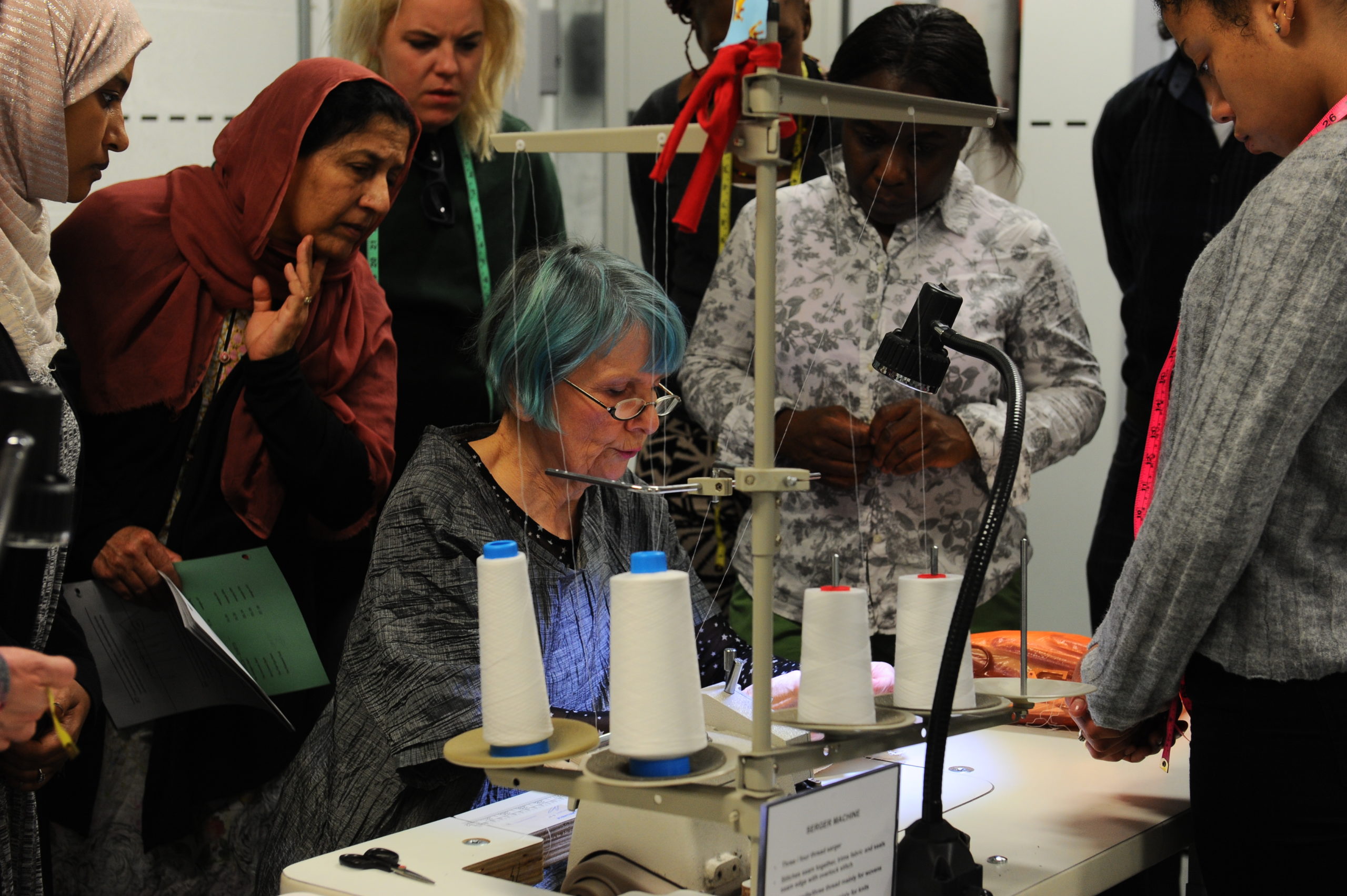
George Brown College Fashion Exchange
College’s Fashion Exchange (GBFX) fosters collaboration between fashion educators, industry partners, community organizations, and fashion graduates.
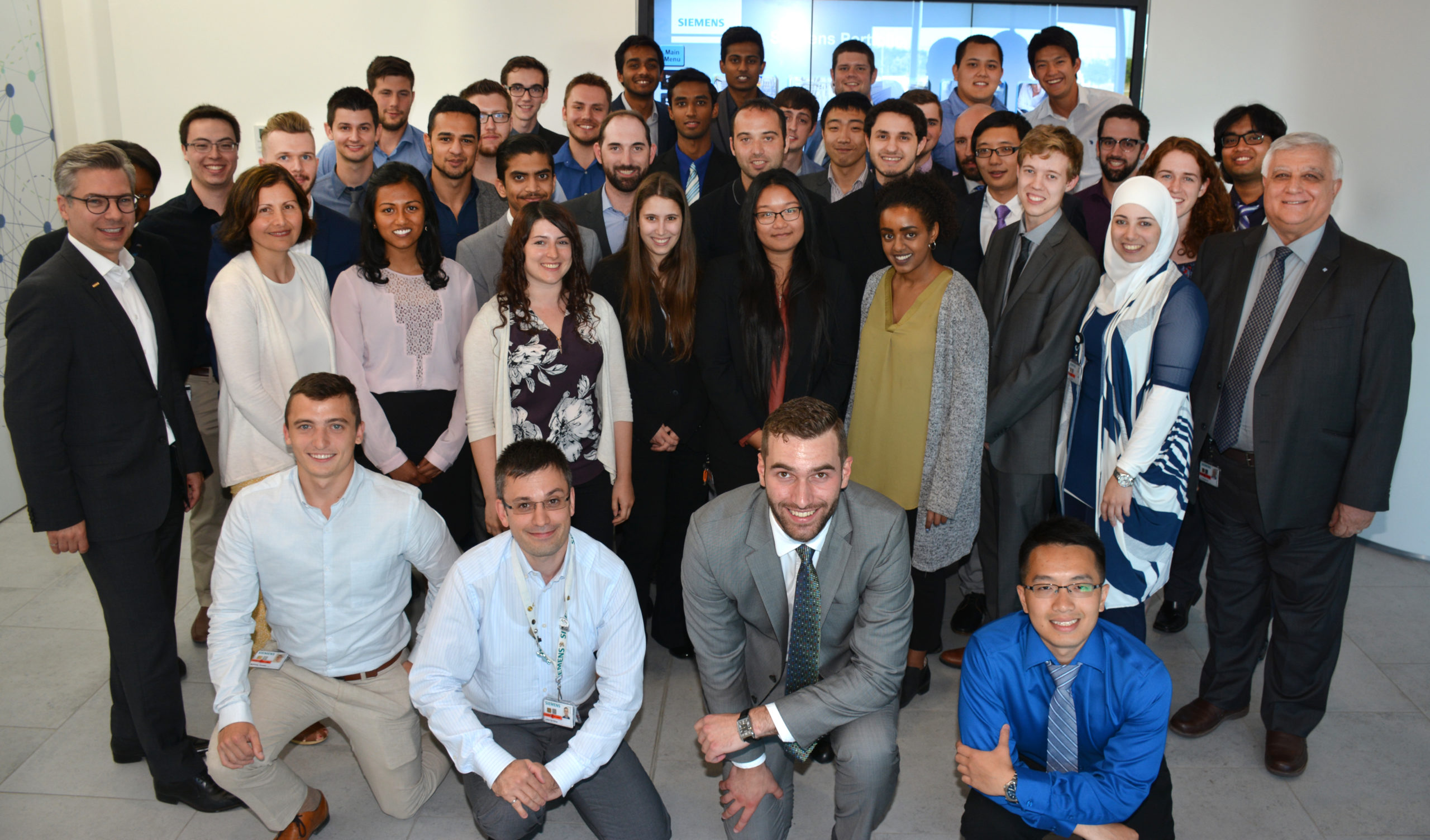
Siemens Canada Engineering and Technology Academy (SCETA)
The Siemens Canada Engineering and Technology Academy (SCETA) is a unique initiative designed to equip engineering and engineering technology students in Canada, and Siemens’ own engineers, with the educational and professional foundation required for successful careers. The goal of the Work Integrated Learning Program (WILP) is to educate post-secondary students on Industry 4.0 concepts such as electrification, automation, digitalization and cloud technology.
